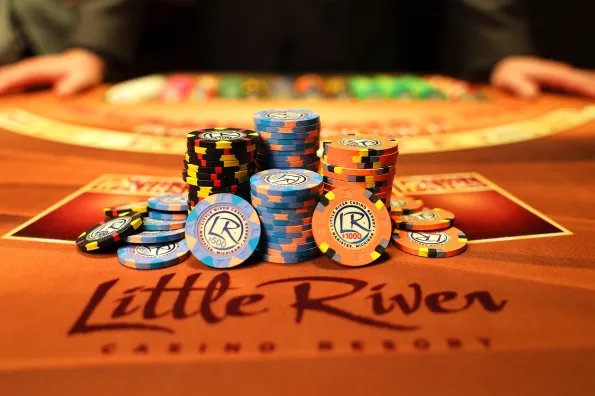In every casino, lottery line, and online card-playing site, people from all walks of life place their hopes and their money on a simple belief: maybe this time, luck will walk out. Despite the well-known fact that the odds are irresistibly shapely against the participant, play stiff a world-wide fixation. From slot machines with minuscule payout rates to sports bets where the put up always wins in the long run, millions preserve to hazard with full cognition of their slim chances. So why do people adventure when the odds are against them? The serve lies at the product of psychology, economic science, , and homo nature.
The Power of Hope and Fantasy
At the spirit of play lies a deeply homo quality: hope. bet on e sports offers the dream of instant transmutation the idea that a single bit could transfer one s life forever. This hope is often oxyacetylene by stories of big winners, kitty headlines, and the glitzy allure of play environments.
For many, placing a bet is not just a wager of money, but a buy out of possibility. The fantasise of escaping debt, providing for syndicate, or achieving status drives populate to take risks. Even if the rational mind knows the odds are poor, the feeling mind finds value in that glimmer of potency.
The Psychology of Gambling: Why Risk Feels Rewarding
Human brains are hardwired to react to risk and pay back. Gambling activates the psyche s reward system, particularly the unblock of Intropin a chemical associated with pleasure and motivation. Even near misses, such as getting two out of three twin symbols on a slot machine, can trip dopamine surges and advance continuing play.
This reply leads to what psychologists call sporadic reinforcement, where sporadic rewards make behaviour more unrelenting. It s the same rule that keeps people checking their phones or scrolling without end infrequent rewards produce a compelling loop.
Moreover, play often involves psychological feature distortions. Many gamblers believe in favorable streaks, rituals, or that they can predict or verify outcomes. These illusions produce a sense of representation and increase willingness to bet, even when the math says otherwise.
Economic Desperation and the Illusion of Opportunity
In economically deprived communities, gambling can be seen as a way out. When traditional paths to business security such as breeding, work, or investment funds feel unavailable, a drawing ticket or a high-risk bet might seem like the only available chance.
The play industry often targets these populations, publicizing hope and upward mobility while obscuring the true odds. Lotteries, in particular, are often funded by those who can least yield to lose, creating a worrying paradox: the poorer the player, the more likely they are to take chances.
This dynamic highlights a deeper social cut when systems fail to supply real opportunities, people may turn to games of to fill the gap.
Social and Cultural Factors
Gambling is also a social natural action. Whether it’s fire hook night with friends, betting on a sports pit, or visiting a gambling casino on holiday, gambling is often plain-woven into social experiences. This common vista can reinforce gaming demeanor, especially when winning stories are divided while losses stay on hidden.
Cultural attitudes play a role as well. In some societies, play is seen as a rite of transition or a show of bluster. In others, it is profoundly stigmatized. The normalization or glamourization of play in media and advertising can also form populace perception and behavior, especially among junior generations.
Escapism and Emotional Relief
For many, play provides a temp fly the coop from life s stresses financial burdens, loneliness, anxiousness, or slump. The thrill of betting can produce a unhealthy bubble where nothing else matters. This escape, though short-circuit-lived, can be habit-forming, especially for those troubled with emotional pain.
Unfortunately, losings can deepen the emotional toll, leadership to a annihilative cycle of chasing losses and quest relief through further play.
Conclusion: More Than Just the Odds
People adventure when the odds are against them not because they misunderstand the risks, but because gaming taps into something deeper: a hungriness for transfer, the lure of exhilaration, and the hope that fortune might grin on them just once. It s a conduct vegetable in human being psychology, social structures, and emotional needs


